To love beauty is to see light
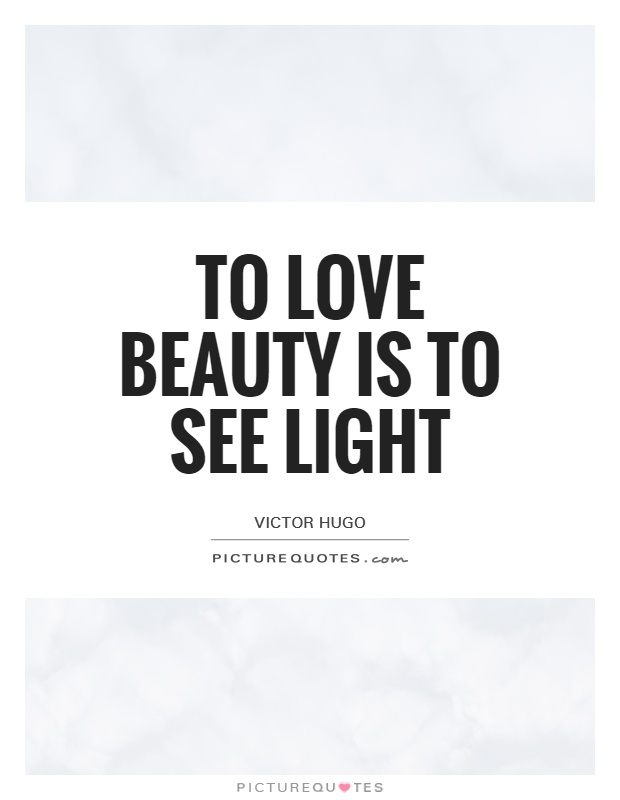
To love beauty is to see light
Victor Hugo, the renowned French poet, novelist, and playwright, was a firm believer in the power of beauty and light. He understood that to truly appreciate and love beauty is to see the light that emanates from it. In his works, Hugo often explored the themes of love, beauty, and the human experience, and he frequently used light as a metaphor for enlightenment, truth, and goodness.Hugo believed that beauty has the ability to uplift the human spirit and inspire us to see the world in a new light. He saw beauty as a reflection of the divine, a glimpse of the transcendent that can bring us closer to understanding the mysteries of the universe. In his novel "Les Misérables," Hugo writes, "To love beauty is to see light." This simple yet profound statement encapsulates his belief that beauty has the power to illuminate our lives and bring us closer to the truth.
For Hugo, beauty was not just something to be admired from afar, but something to be embraced and celebrated. He believed that by opening ourselves up to the beauty around us, we can experience a deeper connection to the world and to each other. In his poetry, Hugo often used imagery of light to convey the idea of love and beauty as sources of warmth, comfort, and hope.
In his famous poem "Demain, dès l'aube," Hugo writes, "To love beauty is to see light / To see light is to see the divine." Here, he suggests that by appreciating the beauty in the world, we can catch a glimpse of the divine presence that surrounds us. Hugo believed that beauty has the power to transcend the mundane and elevate our souls to a higher plane of existence.

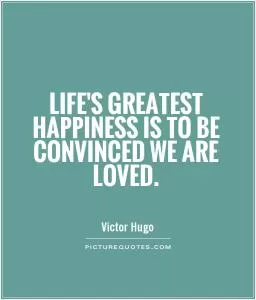
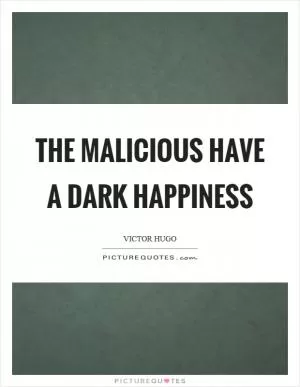

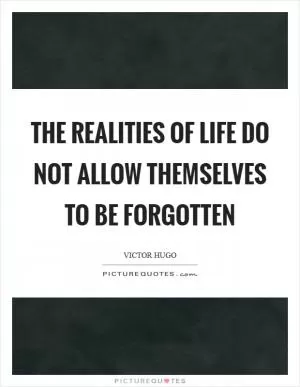
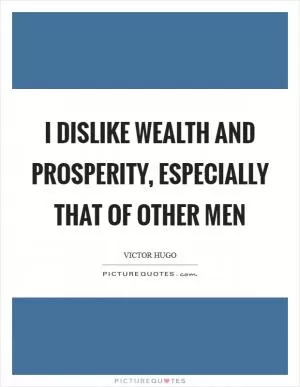

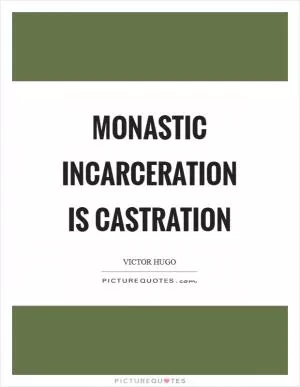
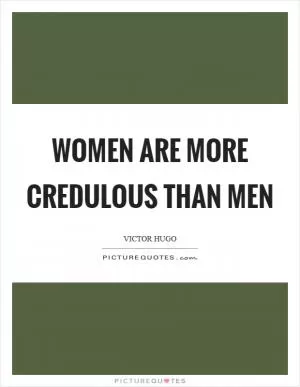


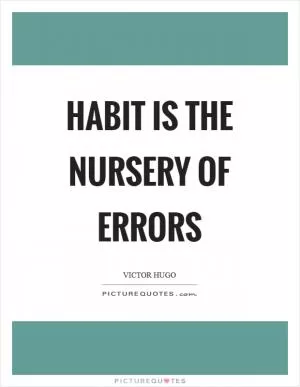
 Friendship Quotes
Friendship Quotes Love Quotes
Love Quotes Life Quotes
Life Quotes Funny Quotes
Funny Quotes Motivational Quotes
Motivational Quotes Inspirational Quotes
Inspirational Quotes